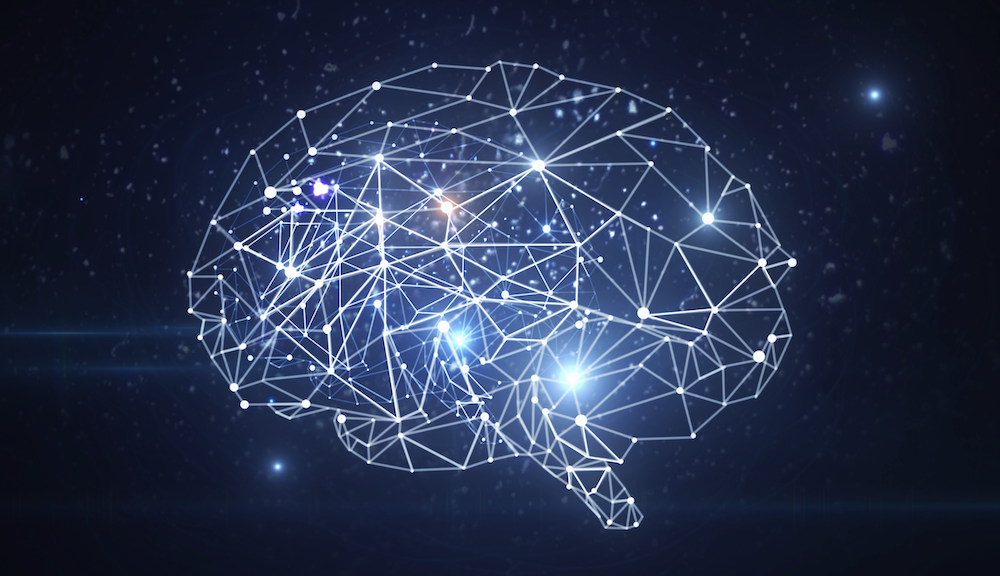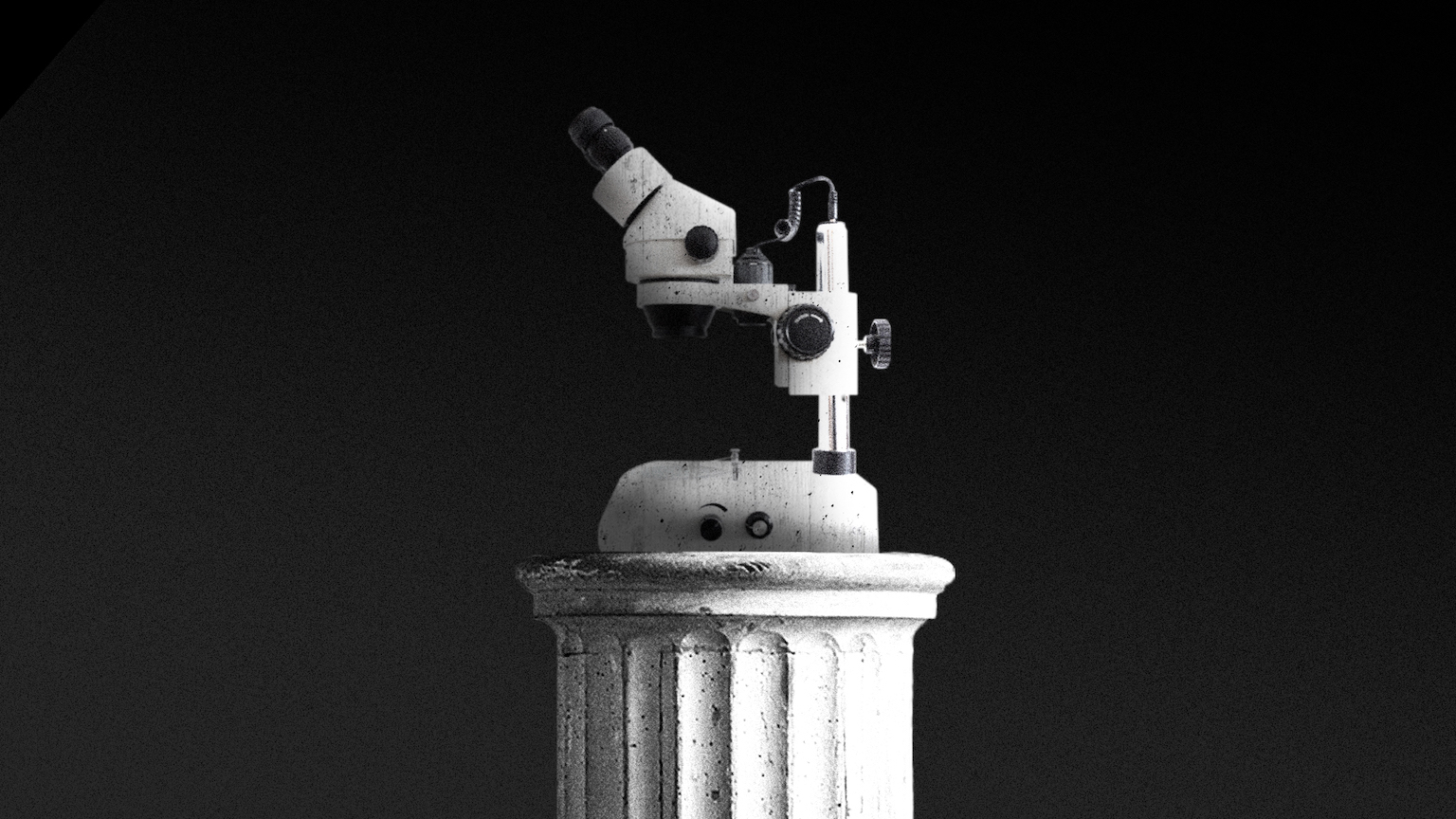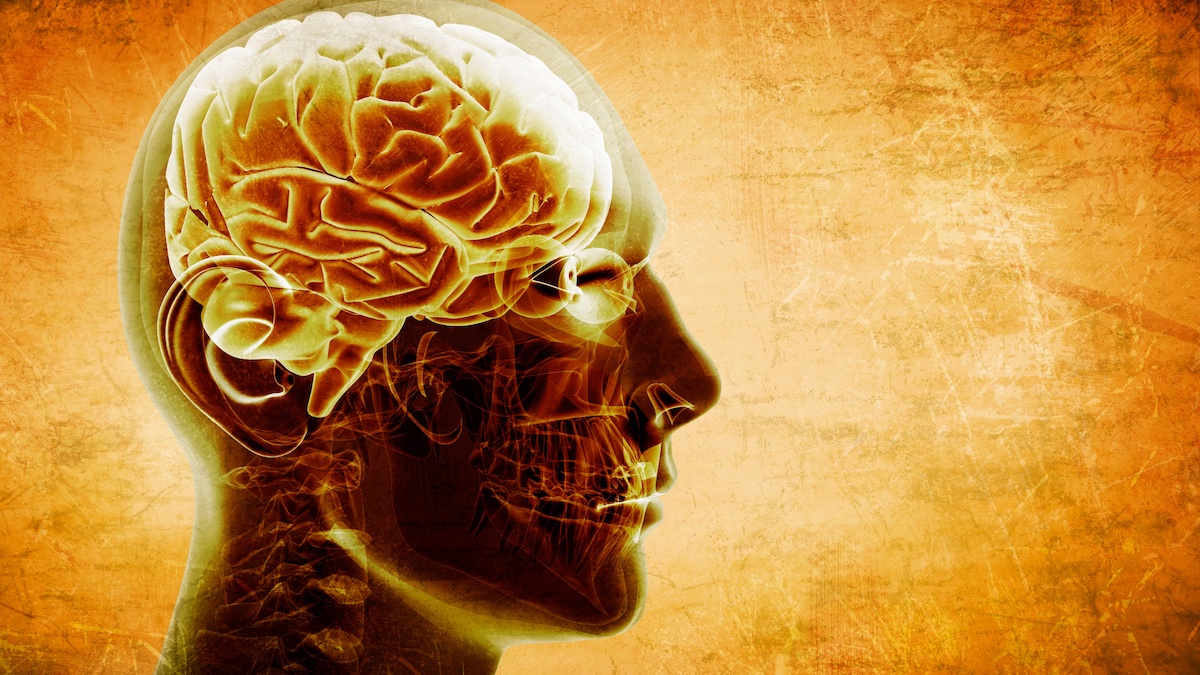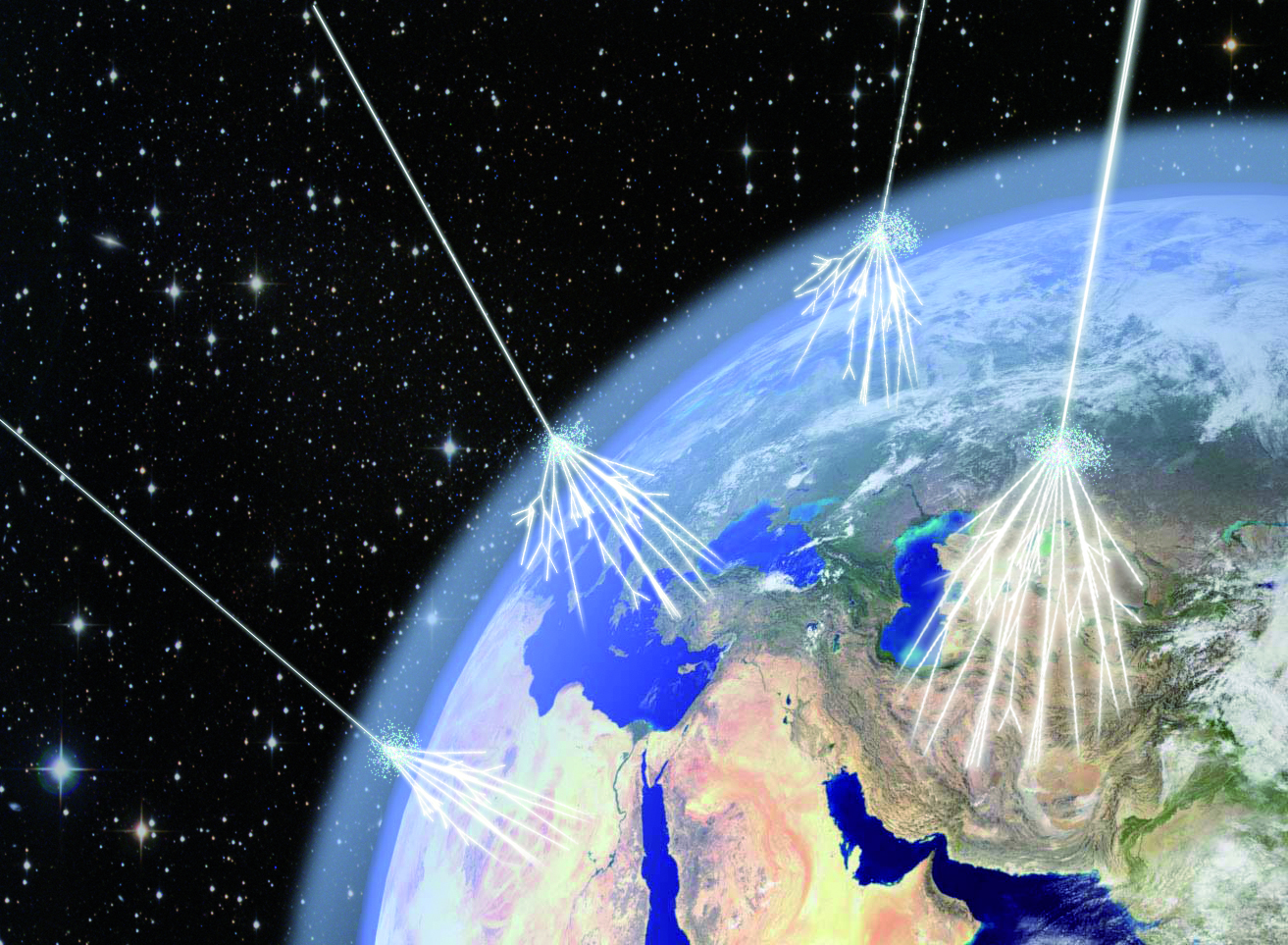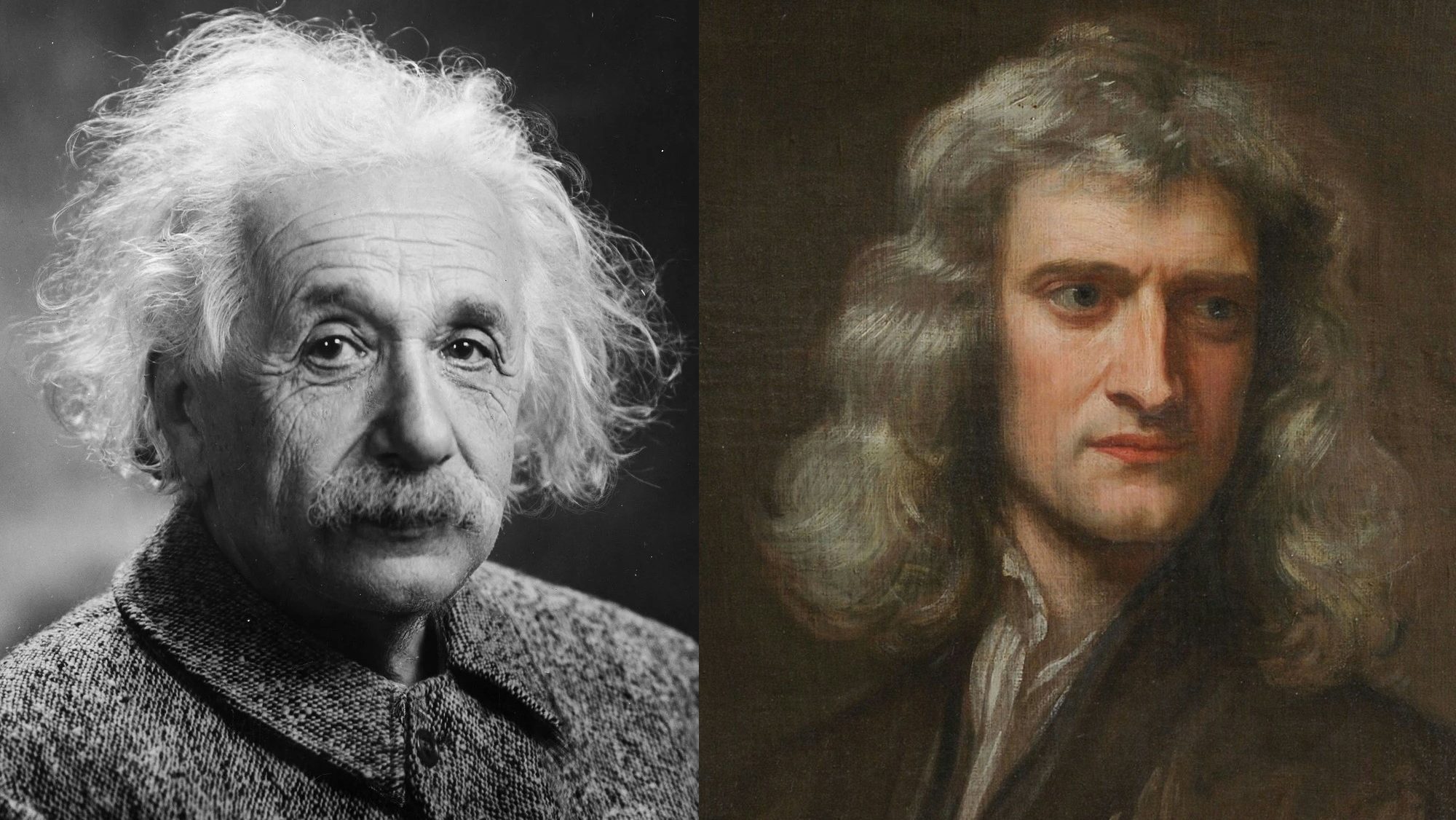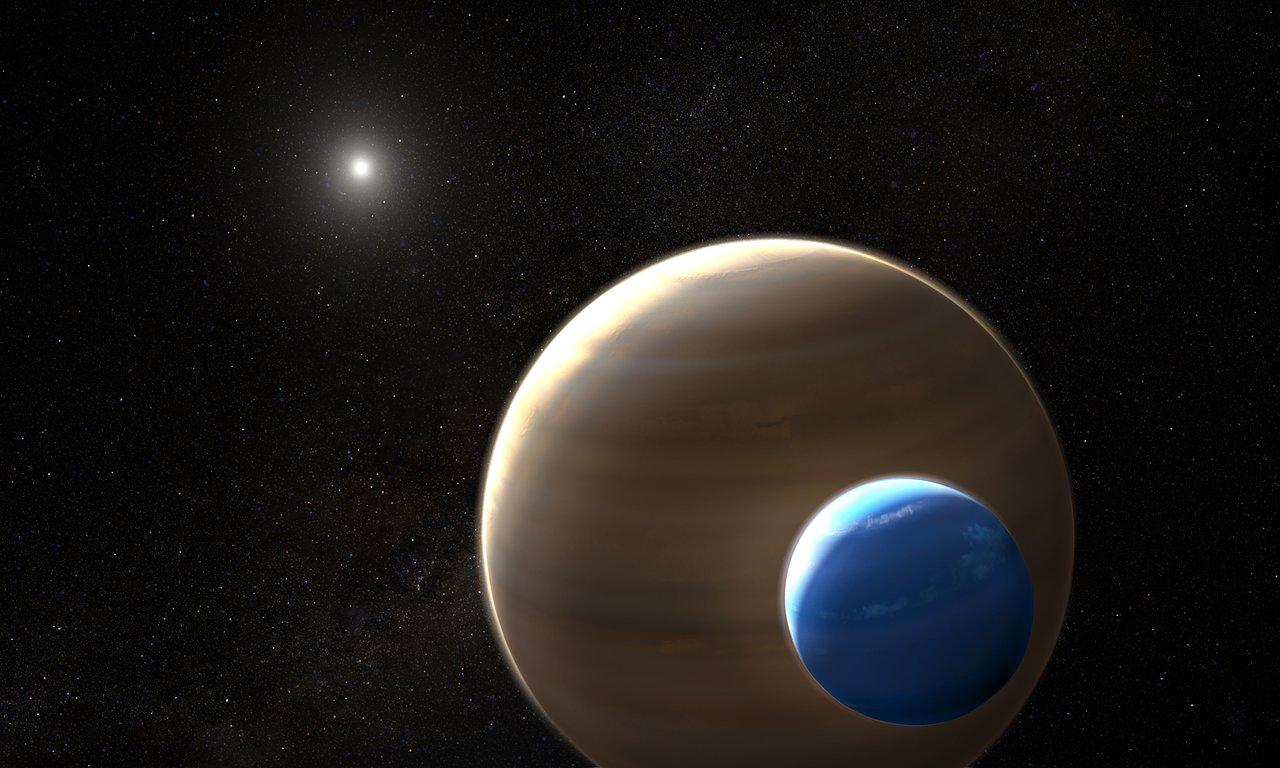“At that time, it was just a wild idea, […] that instead of just a loss of consciousness, anesthetics may do something to the brain that actually turns pain off.”
Search Results
You searched for: Math
Short-termism is both rooted in our most primal instincts and encouraged by runaway technological development. How can we fight it?
Elastic thinking can reveal the assumptions that hamstring our ability to solve seemingly intractable problems.
Most people have a distorted view of what being a scientist is like. Scientists need to make a greater effort to challenge stereotypes.
If argumentation led to nothing, it would soon be thrown into the evolutionary dustbin.
JWST has seen more distant galaxies than any other observatory, ever. But many candidates for “most distant of all” are likely impostors.
Almost 10% of all new jobs created between 2020 and 2030 will unfortunately be some of the lowest paid.
There could be variables beyond the ones we’ve identified and know how to measure. But they can’t get rid of quantum weirdness.
Particles are everywhere, including particles from space that stream through the human body. Here’s how they prove Einstein’s relativity.
Reading code activates a general-purpose brain network, but not language-processing centers.
Fear of being scammed can lead us to make decisions that go against our values and goals — both as individuals and as a society.
People often divide the world into “us” and “them” then forget about everybody else.
It’s literally the one and only trick that separates top-notch physicists from crackpots, dropouts, and those who can’t cut the mustard.
If the electromagnetic and weak forces unify to make the electroweak force, maybe, at even higher energies, something even greater happens?
Shame is a powerful tool that must be used with care.
Life finds a way — particularly if it has a moon.
An in-depth interview with astronomer Kelsey Johnson, whose new book, Into the Unknown, explores what remains unknown about the Universe.
We live in a four-dimensional Universe, where matter and energy curve the fabric of spacetime. But time sure is different from space!
Many atheists think of themselves as intellectually gifted individuals, guiding humanity on the path of reason. Scientific data shows otherwise.
The ancient Greeks were obsessed with geometry, which may have formed the basis of their philosophical cosmology.
We’ve only seen Uranus up close once: from Voyager 2, back in 1986. The next time we do it, its features will look entirely different.
Bitcoin’s creator owns five percent of the entire Bitcoin supply, meaning that he has a larger percent of Bitcoin than the U.S. has of gold.
About the project The goal of driving more progress across the world—scientifically, politically, economically, socially, etc—is one shared by many. And yet, debates about the best way to maximize progress […]
Whose responsibility is it to ensure that there is affordable access to employment?
If you ask your maps app to find “restaurants that aren’t McDonald’s,” you won’t like the result.
The Field Medal was created to elevate promising mathematicians from underrepresented demographics. But has it followed through on that goal?
Even with only 12.5 hours of exposure time, James Webb’s first deep-field image taught us lessons we’ve never realized before.
Philosophers and scientists spent millennia arguing about the nature of light. It turned out to be stranger than anyone imagined.
Fintech companies are using elements of video games to make personal finance more fun. But does it work, and what are the risks?


